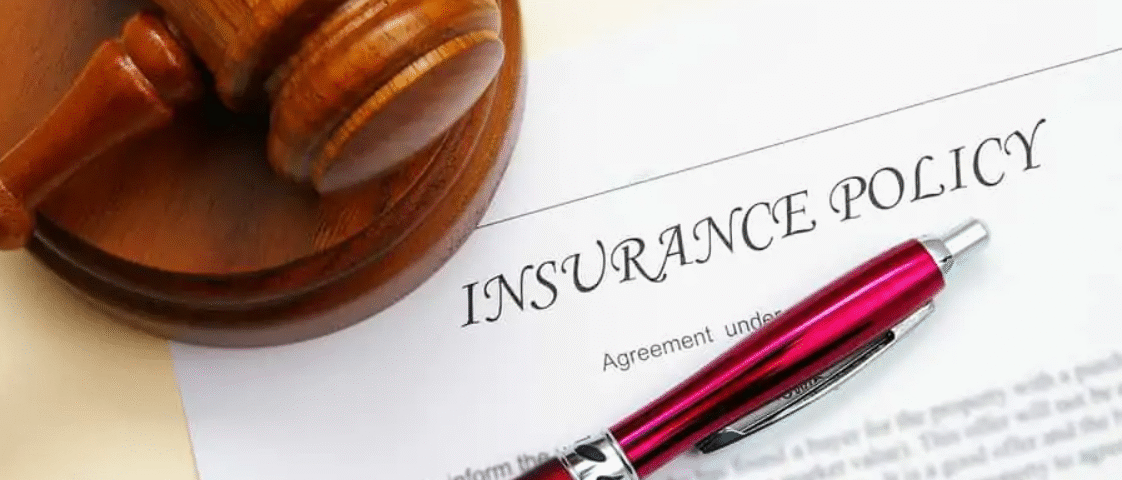
How to Reduce Loss Ratio in Insurance: Tips for Optimizing Your Portfolio
June 8, 2025
How to Calculate Expense Ratio Insurance: A Step-by-Step Guide
June 8, 2025Finding the best insurance in Texas or any other state sometimes leads to disputes that require legal action to resolve. Insurance litigation occurs when policyholders and insurance companies disagree on coverage, claims, or other policy-related matters. This guide explains what insurance litigation entails, the various types of disputes that can arise, and how the legal process operates. Whether you’re dealing with a denied claim or wondering about your rights as a policyholder, understanding these basics helps you know what to expect if legal action becomes necessary.
Definition of Insurance Litigation
Insurance litigation involves legal proceedings to resolve disputes between policyholders and insurance companies about coverage, claims, or other related matters. This process requires a detailed analysis of insurance policies, contractual obligations, and applicable laws to determine the rights and responsibilities of each party involved. The primary goal is to accurately interpret the terms of the insurance policy and apply them to the specific circumstances of the case. Through strategic advocacy and negotiation, our goal is to achieve a fair and reasonable resolution for our clients. Understanding the complexities of insurance contracts and regulations is important for navigating the legal landscape of insurance litigation successfully. It requires a thorough understanding of the insurance industry and a meticulous approach to legal interpretation and argumentation.
Types of Insurance Disputes
Insurance litigation encompasses various types of disputes that necessitate a thorough understanding of the insurance industry. When it comes to insurance disputes, there are several common types that individuals may encounter:
- Coverage Disputes: These occur when a disagreement arises between the policyholder and the insurance company regarding what is covered under the policy.
- Bad Faith Claims: These occur when an insurance company fails to fulfill its obligations reasonably and fairly.
- Premium Disputes: These disputes involve disagreements over the amount of premium charged by the insurance company.
Understanding these types of insurance disputes is important for navigating the complexities of insurance litigation successfully.
Process of Filing Claims
Understanding the process of filing claims is crucial for policyholders seeking to navigate the complexities of insurance litigation effectively. When starting a claim, it is important to notify the insurance company of the loss or damage quickly. This notification initiates the claims process, during which the policyholder typically completes claim forms, provides documentation, and may undergo inspections. The insurance company then evaluates the claim based on the policy terms, coverage limits, and circumstances of the loss. If the claim is approved, the insurer will offer a settlement amount. Disputes may arise if the policyholder disagrees with the settlement or if the claim is denied. This can lead to negotiations, mediation, or potential litigation to resolve the dispute.
Legal Framework and Regulations
Insurance litigation requires a clear understanding of the legal framework and regulations that govern the claims process and dispute resolution. When looking into the legal aspects of insurance litigation, it is important to consider the following key points:
- Insurance Policies: The terms and conditions outlined in insurance policies play an important role in determining coverage and obligations.
- State Laws: Each state has its own set of insurance laws and regulations that impact how disputes are handled and resolved.
- Regulatory Bodies: Insurance litigation is also subject to oversight by regulatory bodies that enforce compliance with industry standards and practices.
Role of Insurance Litigation Attorney
The role of an insurance litigation attorney is important in understanding the complexities of legal disputes arising from insurance claims. These attorneys specialize in representing clients involved in insurance-related litigation, including coverage disputes, claim denials, and allegations of bad faith practices. They play an important role in navigating the complex legal landscape surrounding insurance policies and regulations. Insurance litigation attorneys are responsible for evaluating policy language, investigating claims, negotiating settlements, and representing clients in court if necessary. Their knowledge of insurance law and litigation strategies is crucial for ensuring that clients receive fair treatment and just compensation in insurance disputes. By leveraging their knowledge and experience, insurance litigation attorneys assist clients in navigating the legal process and advocating for their rights in insurance-related matters.
Related Topics:


